Over at The Telegraph, Colin Freeman speculated about who would win the Nobel Peace Prize this Friday. Our own Tanisha Fazal suggested that it would be fun to poll our contributors and ask them to prognosticate. And we can’t leave our readers out of the fun: please visit our Facebook page and make your prediction for this year’s winner.
Ten folks weighed in, with Juan Manuel Santos & Timoleon Jimenez garnering three votes for the Colombian peace deal, and tieing Pope Francis (helping broker Cuba-US detente). Those two narrowly edged out a tie between Angela Merkel (European refugee crisis) and Zarif/Kerry/Mogherini, etc (Iran nuclear deal), which each got two votes. The Eight Millenium Development Goals brought up the rear with one ballot.
Having some fun, Leslie Vinjamuri asks, “Why not pair it with our nominees for who should win the ‘war prize’?” Barbara F. Walter observes that “Assad seems like the obvious choice,” and Deborah Avant cautions, “Shame is a complicated tool, particularly directed at one person. Could inspire even more bad behavior…”
Other folks weighed in on the possibilities as follows:
Juan Manuel Santos & Timoleon Jimenez
Allison Beth Hodgkins explains:
- My money is on Santos and Jimenez given the recent trend towards nobel as wag of finger/tip of hat – sort of like “Look world, if these guys can sort out Columbia then why are we still waiting for a ME peace deal?”
Erica Chenoweth agrees:
- Last year was all about peaceful activism. This year it makes sense that it would be all about peaceful negotiations. If it’s true that the Prize signals good examples to encourage others to follow suit, then those working to end a long-standing civil war would definitely be high on the list, in my view.
A contributor who prefers to stay anonymous says:
- I like this also. It could help tame Human Rights Watch, which is making far too much noise about one of the trickiest (and most essential) parts of the negotiation, especially as the deal isn’t done yet.
Oliver Kaplan closes our Colombian commentary, quipping:
- There was more than one revolutionary in a track suit in Havana last month. Aside from Fidel Castro, that would be FARC leader “Timochenko,” who appeared out of nowhere after three years of intense negotiations to announce a transitional justice deal with Colombian President Juan Manuel Santos. It takes a lot to get a FARC leader to come out of Colombia’s mountains and jungles. It takes even more for one to switch out of fatigues and don a track suit and then a guayabera. But an historic peace agreement is enough to do it. Kudos to the Nobel committee for not missing the fashion signals coming out of Cuba.
Pope Francis
Both Avant and Vinjamuri think the smart money is on Francis. Fazal agrees: “I’m betting on Pope Francis. At least we know he won’t spend it on shoes (for himself).”
Angela Merkel
Walter is a supporter: “She’s the only voice of reason in the crazy dysfunction that is Europe.” Cullen Hendrix quips:
- Angela Merkel, for figuring out that opening Germany’s arms to Syrian refugees is both a partial solution to Germany’s demographic crisis and a particularly good look following a several-year turn as the Scrooge McDuck of the European Union.
Walter offers a case for what President GW Bush once called strategic:
- The committee could use the Peace Prize strategically – as a commitment mechanism to doing good work going forward. This particular Pope is likely to do good no matter what. Merkel will be under much more political pressure to deviate.
Avant likes the strategic option:
- Agreed – awarding it strategically would make sense as a commitment mechanism and also a mechanism to get Merkel to think of herself in a different role. Both would inspire more good work.
The Iran Nuclear Deal
Page Fortna thinks this treaty should bring home the prize, and Stephen Saideman concurs: “nuke deal FTW!”
#BlackLivesMatter
Lionel Beehner offers:
- I think guns and police brutality were the defining themes of 2015, not the Iran deal, not the opening of Cuba, or even the refugee crisis for that matter (though those were important). As a social movement, they have shifted the debate around racism in this country completely, as evidenced by Hillary Rodham Clinton’s puzzled response to a BLM activist a few months back.
Christian Davenport concurs:
- I second the #BlackLivesMatter movement suggestion! While I might quibble with effectiveness and capacity, it has compelled a reframing of a rather long-standing human rights violation.
Peace Agreements FTW?
Kaplan obeserves that Benigno Aquino III and the Moro Liberation Front inked an important peace deal that has been under-recognized, and wonders whether the committee might do well to offer a dual prize to the Colombian and Filipino peace deals.
The MDGs
Sara Bjerg Moller reminds us that:
- 2015 was the target date for meeting the 8 MDGs (eradicating extreme poverty and hunger; achieving universal primacy education; promoting gender equality and empowering women; reducing child mortality;improving maternal health; combating HIV/AIDS, malaria and other diseases; ensuring environmental sustainability; and developing a global partnership for development) identified by 189 UN member states fifteen years ago. While much progress has been made on the MDGs, more needs to be done. Awarding the MDGs the Nobel Peace Prize would acknowledge the momentous achievements that have already been made but would also generate renewed momentum among member states (and partner organizations) to finish the job.
Rounding out the commentary, Hodgkins points out that, “King Abdullah II has a whole Facebook page for his 2016 nomination love…” Yup, that would be the King himself.
Remember to visit our FB poll and tell us who you think will win. We are eager to see who the committee announces tomorrow!

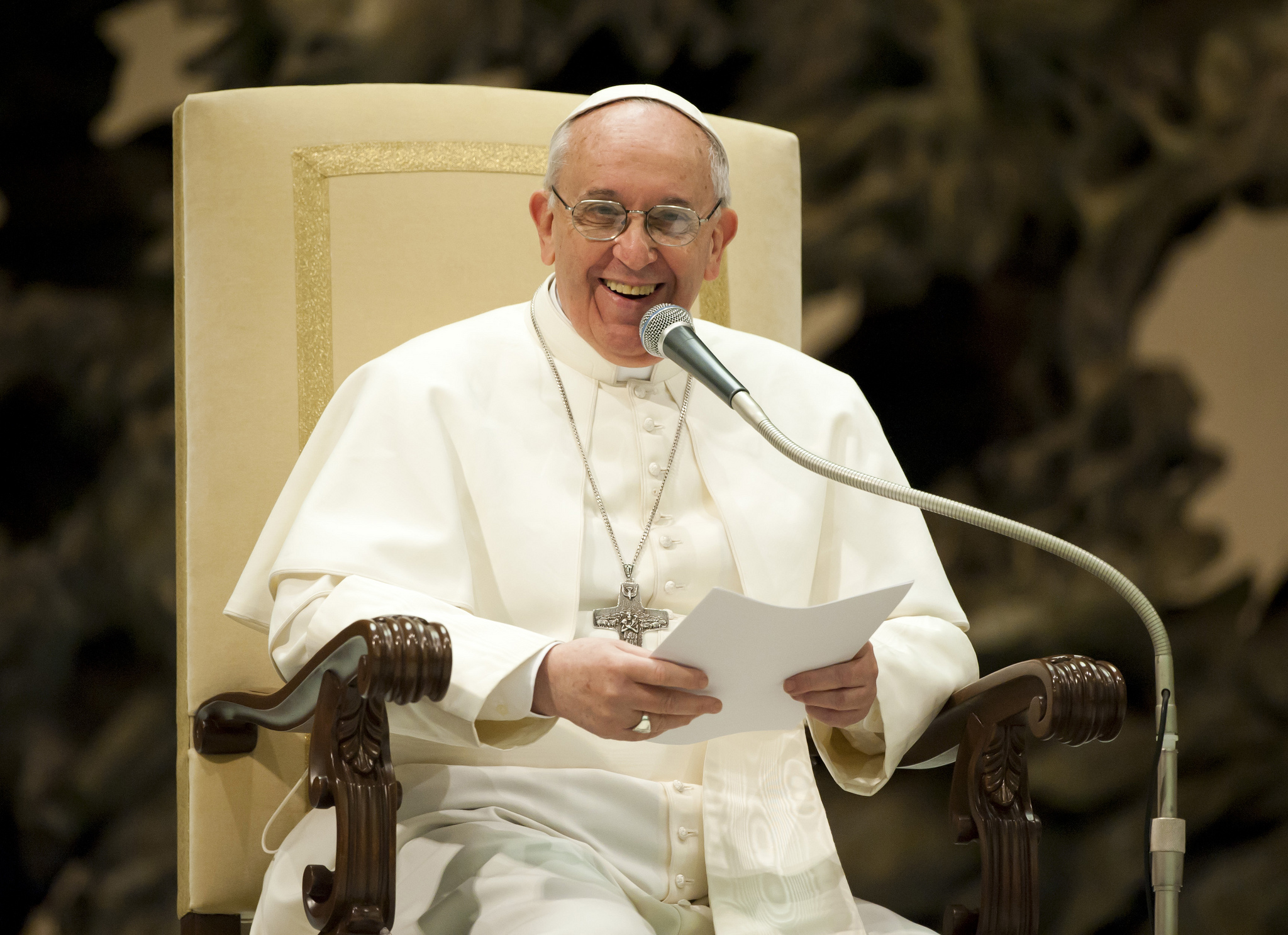

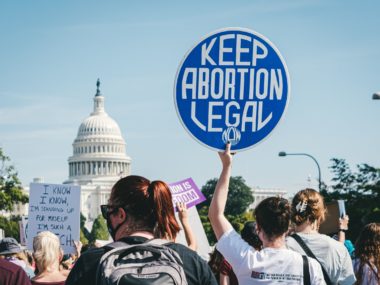
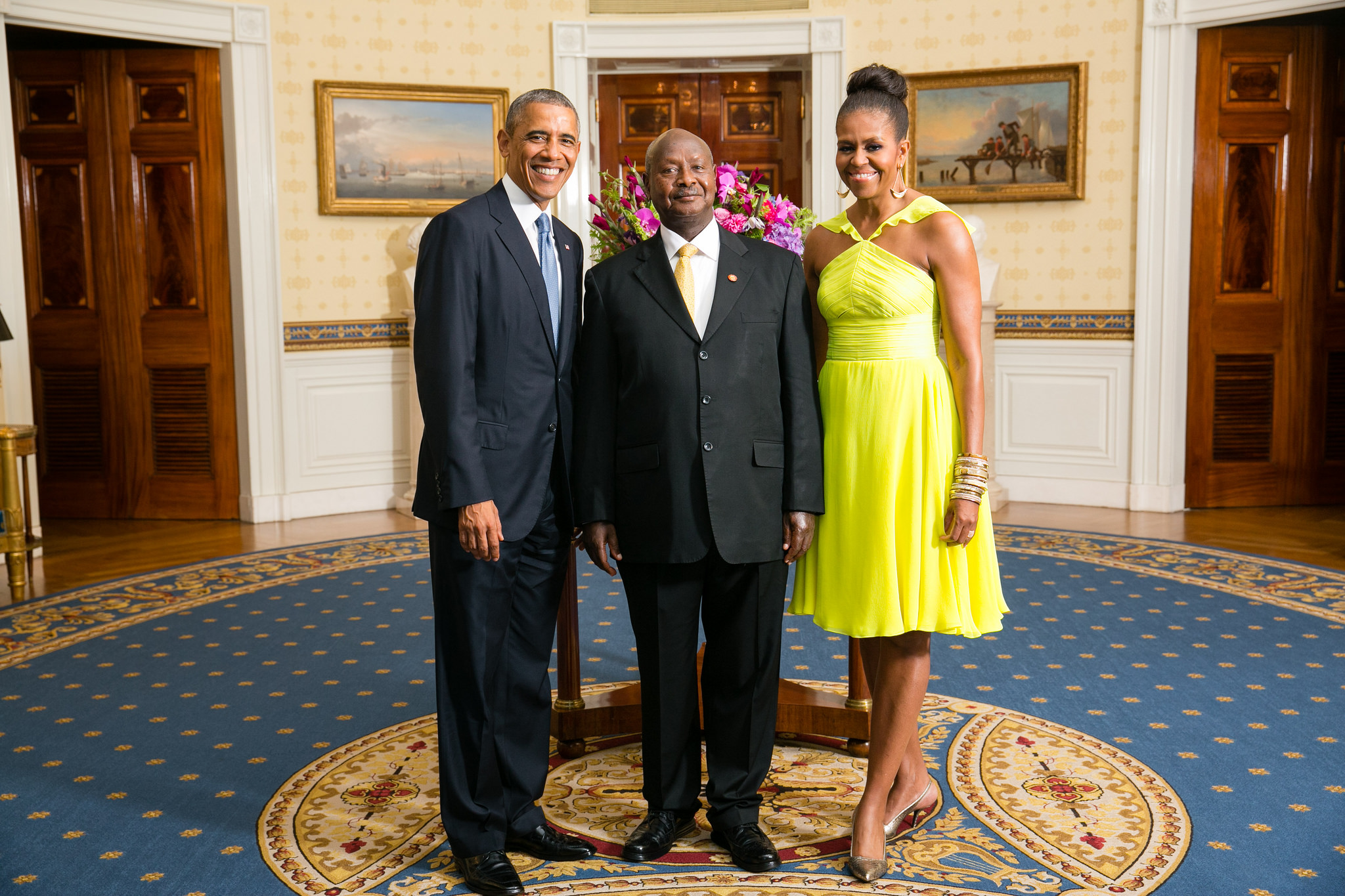
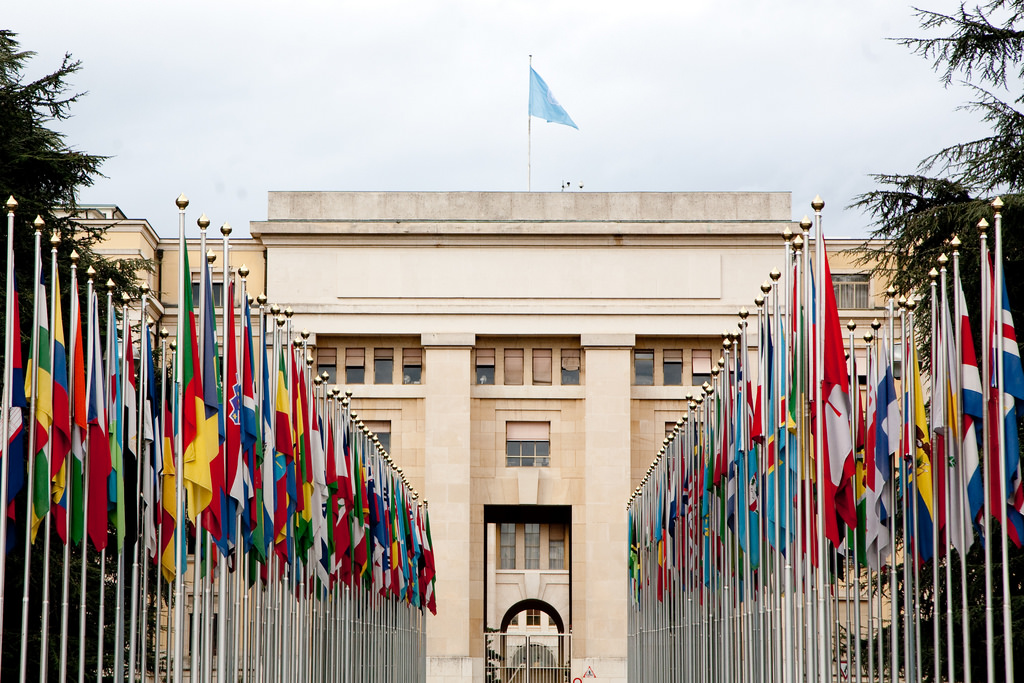
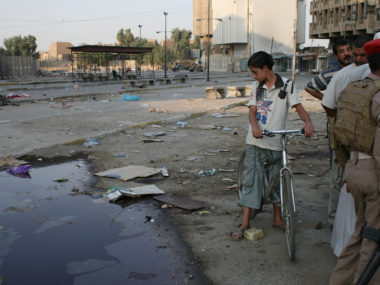
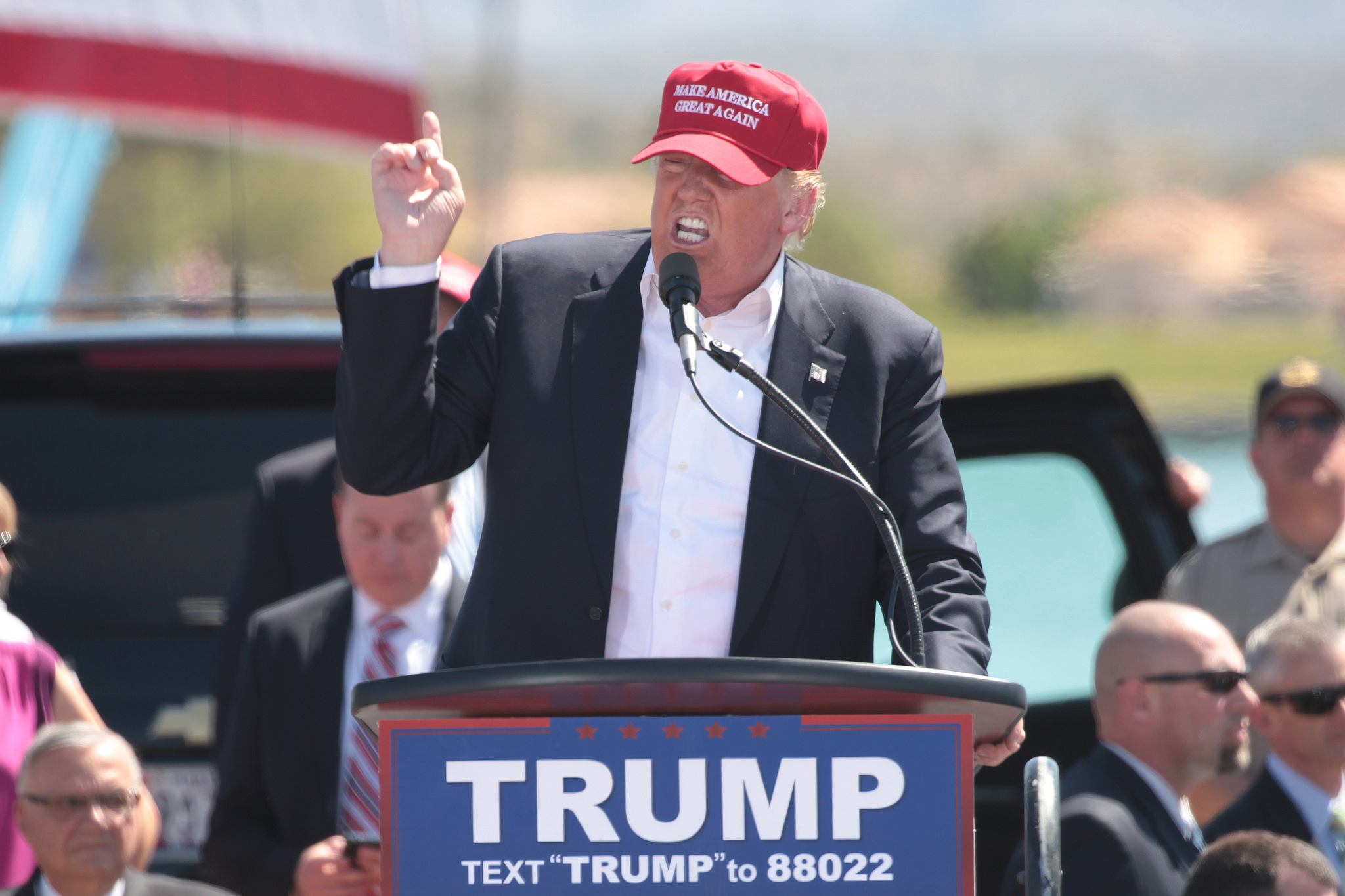
1 comment
Screw autocorrect: the GW Bush line above (for Merkl) was supposed to be “strategery,” not “strategic.” Oh well.